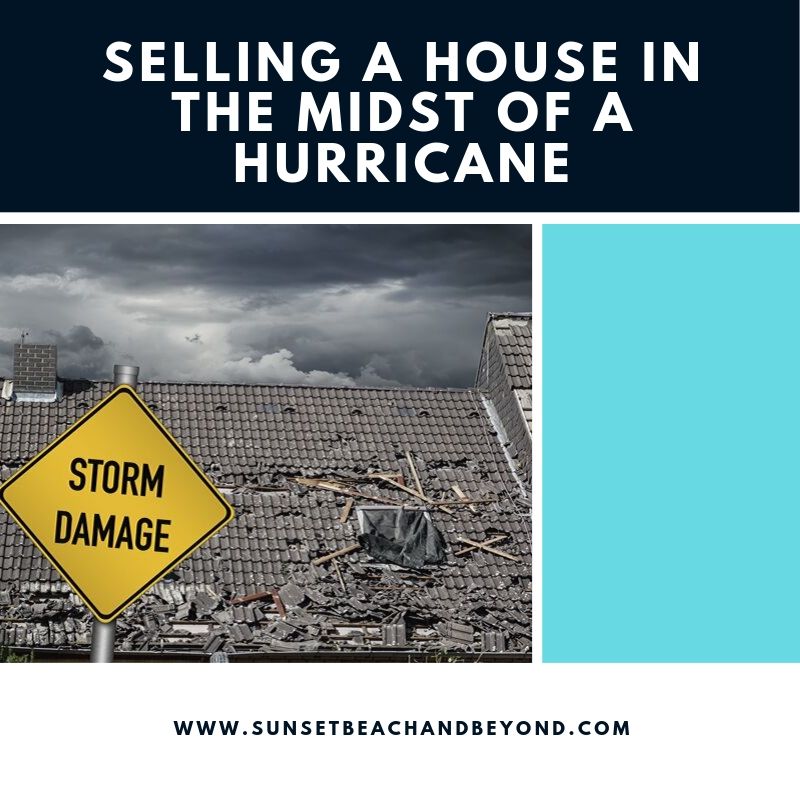Oh man, we just went through a serious hurricane season and it’s not quite over just yet. But people still need to buy and sell real estate and while things may have slowed slightly, if you need to move, you need to move, no questions about it.
So what happens if you had a house listed for sale and a natural disaster damaged some or all of it?
A lot of people in Hurricane Katrina had this happen. Their homes were washed away yet they still owed money on it – literally they owed a mortgage on a concrete slab. The situation was dire but there are some things you can do if you had a listed house and it’s now partially damaged by flood or extreme weather.
First – Call your insurance company.
You don’t necessarily need to take the property off the market, especially if it’s minor damage but call your insurance company first, explain the situation that the house was for sale and how much damage you incurred.
Your insurance company will have a set of steps to take depending on the type of damage. If the home was flooded, you’ll need to take out a claim to get it repaired, flooring replaced, and potentially some of furniture or walls. Make sure you tell your insurance company all of the damage including trees that may have landed on outbuildings or cars, roof leaks, and any damage to personal property. Take pictures, document everything, and your insurance company will have an adjuster to come out and survey the damage.
Second – talk to your real estate agent.
Depending on the damage you may or may not want to take the home off of the market until the repairs are completed. Obviously, buyers are not going to visit a home that has safety hazards or dangerous issues that need to be taken care of first. However, you will need to write up in the seller’s disclosure form any changes, repairs, or additions that may need to be made. You may need to fill out a completely new sellers disclosure form once the repairs are made. This might flow down the entire process of moving, but it’s better to be safe than sorry.
Third – take care of work-related issues and/or homes under existing contracts.
If you were relocating due to work, your work may allow a stipend or a time extension to allow you to repair your home and get it back on the market. Depending on your company, they may also choose to buy the home from you and take care of the repairs themselves depending on if they need you at work sooner rather than later.
If you’ve already purchased a home in your new location you may need to have your real estate agent negotiate different time frames. You may or may not be able to keep that home depending on the demand in the new area, whether you will be breaking your contract by staying on the market longer, a really just the best direction to go if you’ve already had an accepted offer on another home.
Listing a home while you had natural disasters can be a headache, hassle, and will definitely extend the time it takes to move to your new location, but the sooner you speak with your insurance company, real estate agent, and potentially your next job location, the better idea you have on the steps to take, how to save your existing home, and how to move on free and clear.
